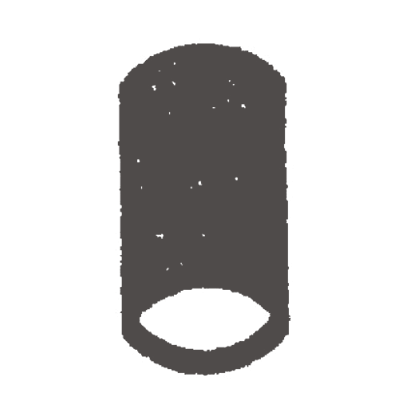Agnieszka Jelska
Price reductions under CJEU scrutiny: What does the new judgment change for consumers and retailers?
07.11.2024
competition, European Court of Justice
On 26 September 2024, the Court of Justice issued a major ruling on consumer protection in the context of presentation of product prices and use of discounts in advertising campaigns. The judgment in C-330/23, Aldi Süd, will be crucial for businesses operating in the EU, including Poland.

Disclaimers in consumer promotions: How to avoid a fine from the regulator
26.09.2024
competition
Poland’s Office of Competition and Consumer Protection often accuses businesses of using misleading advertising content, violating consumers’ collective interests. This can attract a fines of up to 10% of the company’s annual turnover. One reason for fines can be improper wording or appearance of disclaimers.

The Polish competition authority’s plans for 2024
22.02.2024
competition
The Office of Competition and Consumer Protection (UOKiK) definitely stands out from other public administrative bodies in the number of interventions it carries out and the decisions it issues, as well as its impact on the behaviour of market participants. The regulator’s activity constantly attracts media and public interest. This makes it particularly worthwhile for businesses to be aware of the regulator’s agenda for this year.

Contractual advantage: Overview of the Polish competition authority’s actions on the agri-food market
21.12.2023
competition
Since 2017, Poland’s competition authority has initiated dozens of proceedings for practices unfairly exploiting contractual advantage. As a result, nearly 20 decisions have already been issued, and many notices have been issued to companies. The fines alone have amounted to some PLN 1.1 billion (although appeals against some decisions are pending). To date, the largest fine for unfair exploitation of contractual advantage is over PLN 723 million (assessed against Jerónimo Martins Polska SA in 2020). What practices is the regulator seeking to identify and punish?

The Polish competition authority’s plans for 2023
23.03.2023
competition
Under the statutory powers vested in the president of the Office of Competition and Consumer Protection (UOKiK), the regulator deals with issues including competition protection, contractual advantage, control of concentrations and investments, payment gridlock, and consumer protection. The activity plan for 2023 developed by UOKiK shows the areas considered key for this year.

UOKiK’s business plan for 2022
19.05.2022
competition
Protecting consumers from unfair practices in financial services, telecommunications, and consumer sales. Early detection of bid ridding. Combatting payment gridlock. Implementation of EU directives and regulations. These are some of the plans for 2022 of the Polish competition authority.

Mystery shopper: Controlled purchases by UOKiK
07.10.2021
competition
Traditionally, a mystery shopper is used for business audits and customer satisfaction surveys. Since 2016, the president of the Office of Competition and Consumer Protection has also been entitled to use this legal instrument. But in each case the authority must obtain prior approval of the Court of Competition and Consumer Protection.

Media mergers under the current decisional practice of the Polish competition authority
20.05.2021
competition
At the beginning of 2021, Poland’s competition authority issued two decisions regarding concentrations of undertakings in the media market. The first decision by the president of the Office of Competition and Consumer Protection (UOKiK) banned Agora SA’s acquisition of control over Eurozet sp. z o.o., while the second allowed PKN Orlen SA to acquire control over Polska Press sp. z o.o. Both decisions are heavily commented on in the media. It is worth looking at them from the point of view of the legal constructions they raise.

Data sharing in the light of competition law
08.04.2021
competition, new technologies, data protection
Sharing, exchanging or jointly collecting data may be valuable for the businesses involved and for the development of a given industry sector, technological innovation, and, as a result, consumers. Indeed, data are of fundamental importance for the development of the digital economy, either alone or as a basis for functioning of artificial intelligence. Hence, the competitiveness of companies on the market depends on access to relevant data.

Digital transformation and competition law
05.11.2020
competition
The dominance of the US and China in the digital market has forced Europe to take action to reduce over-reliance on solutions developed outside its borders. The desire to maintain international competitiveness requires, among other things, a review of antitrust provisions.
